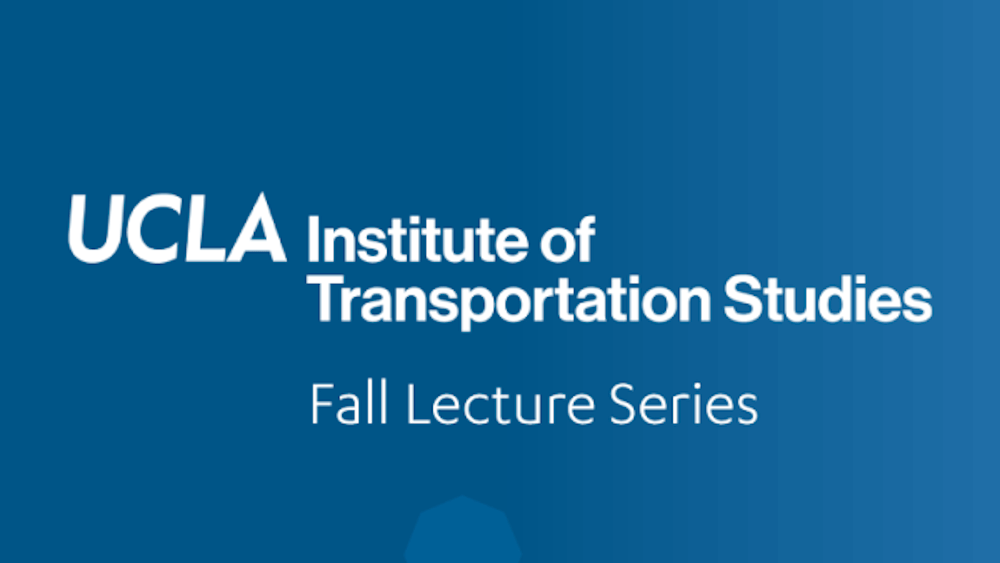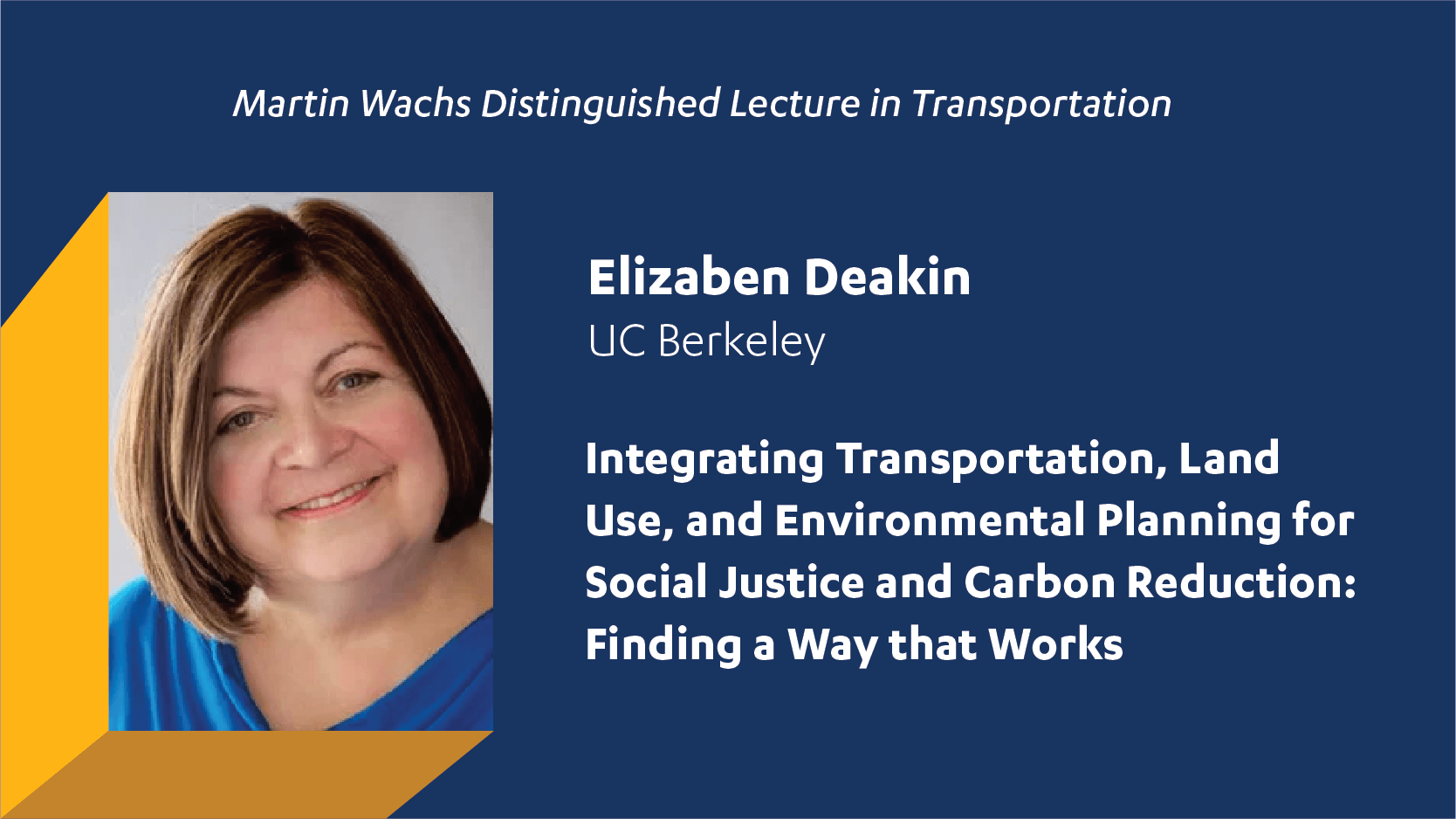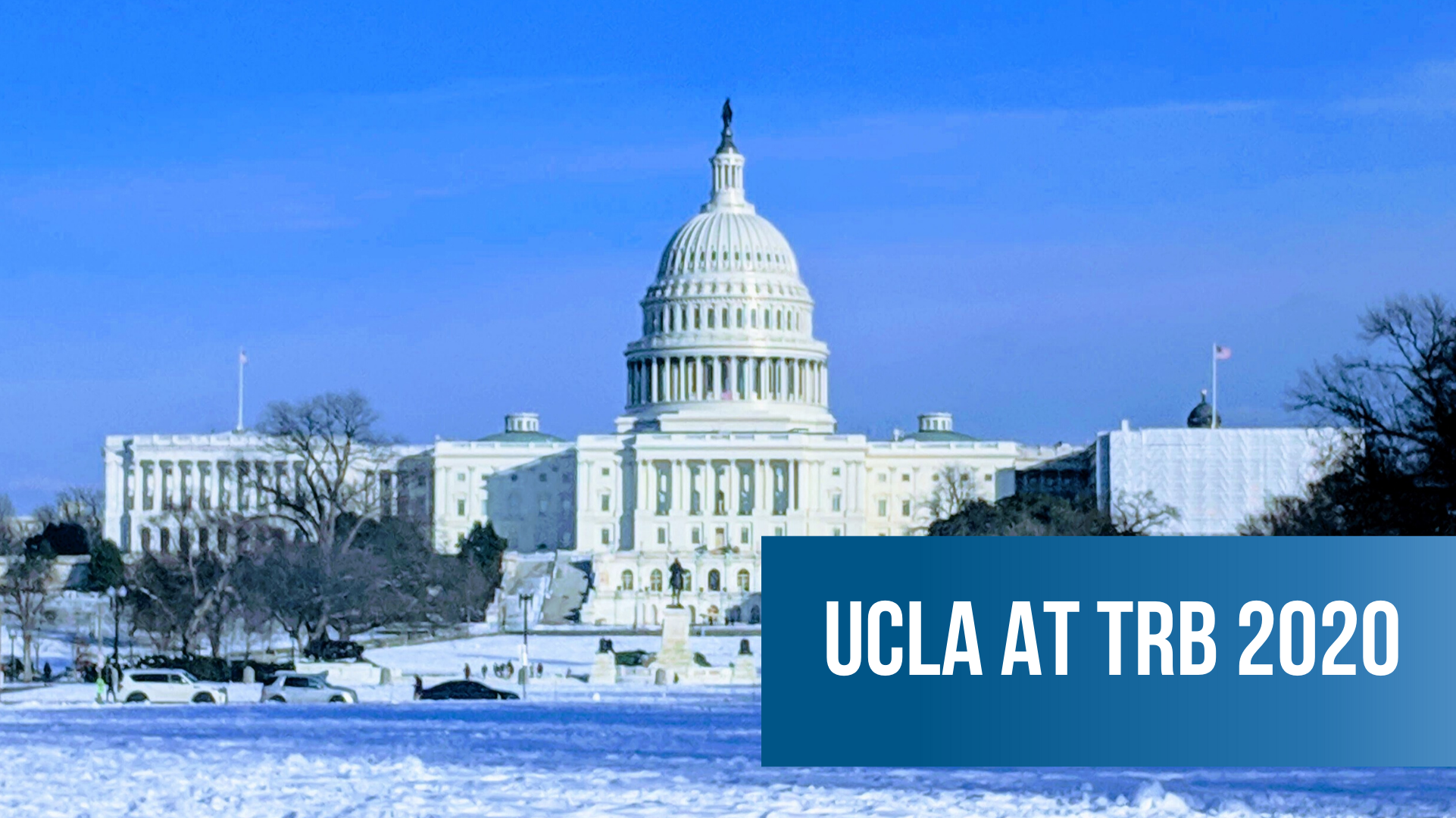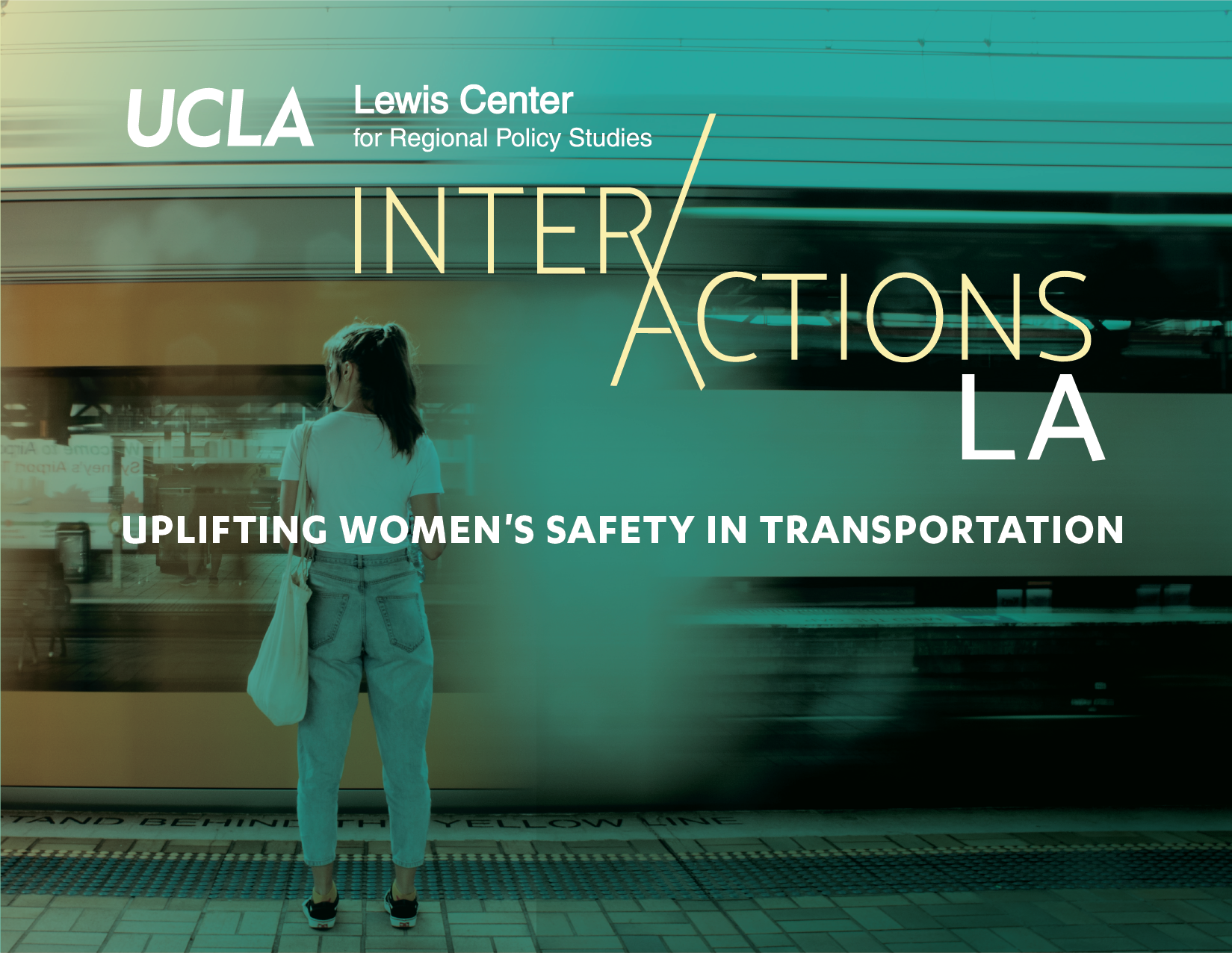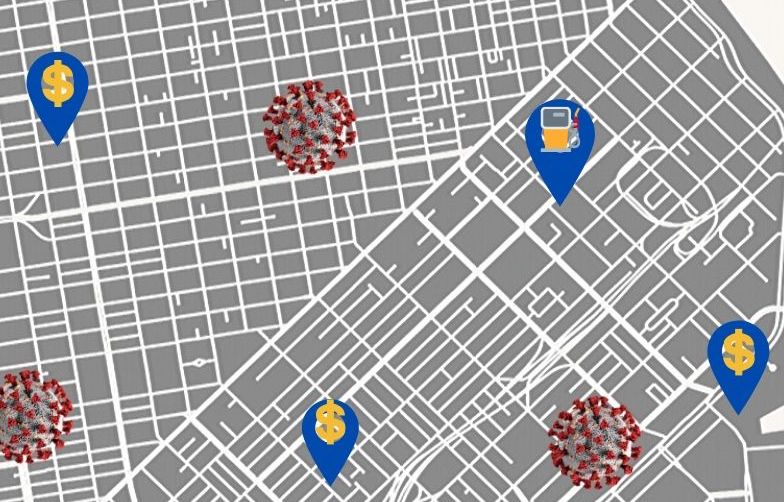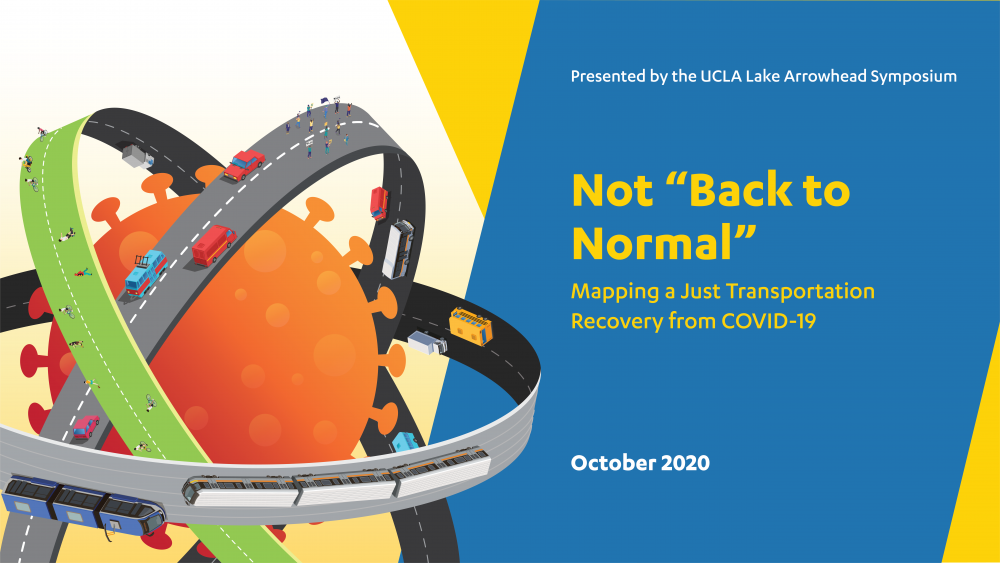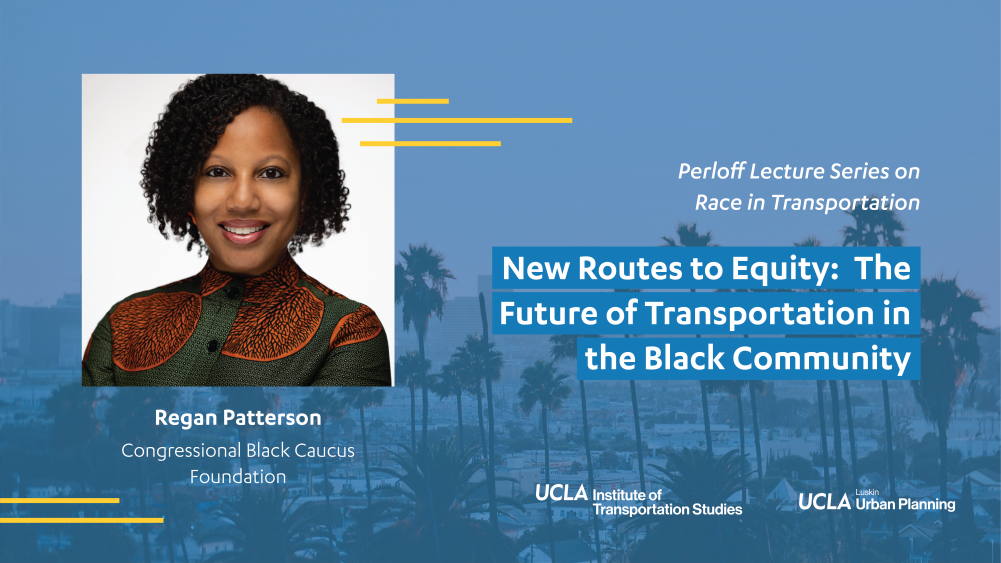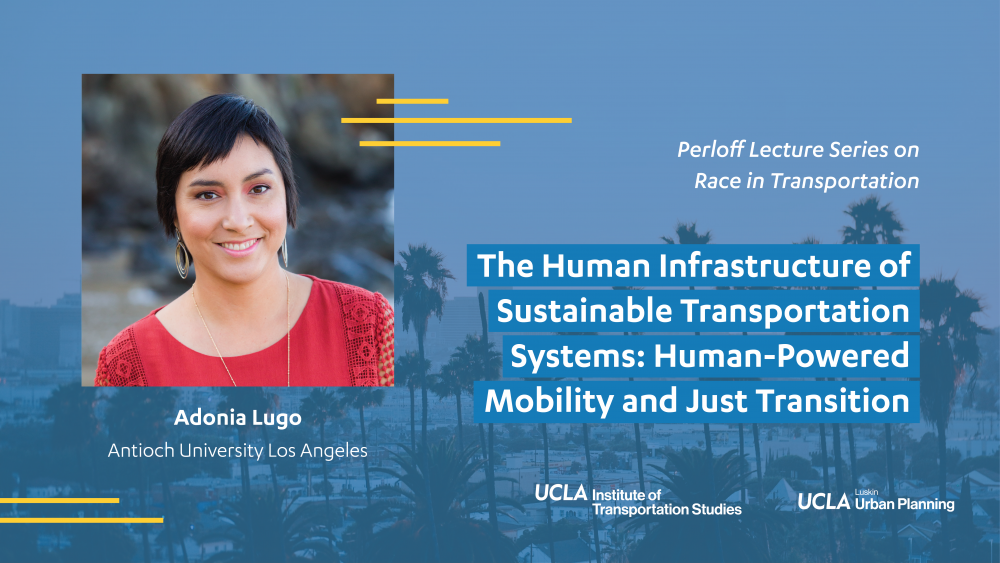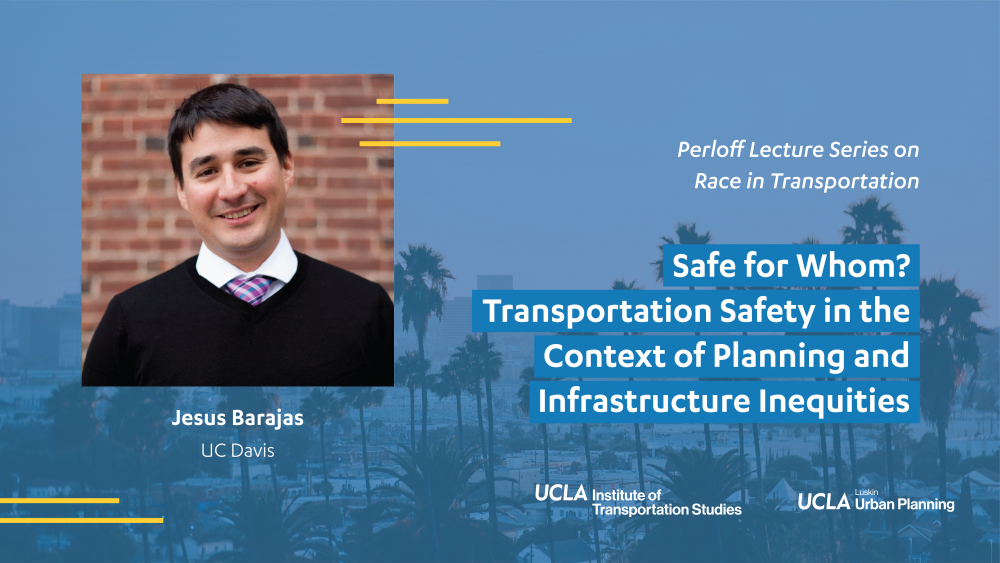InterActions LA discussed the opportunities to improve safety for women, girls, and other vulnerable populations as they travel throughout the Los Angeles region. Too often, people in these groups feel unsafe in public and this inhibits their freedom, independence and quality of life. This event presented new research by UCLA professor Anastasia Loukaitou-Sideris on public transit safety from LA and around the world, along with real-world examples and thoughts for advancing safety for everyone. Participants had an opportunity to exchange their best ideas with each other and engage deeply on solutions to advance mobility justice for women, girls, and everyone.


